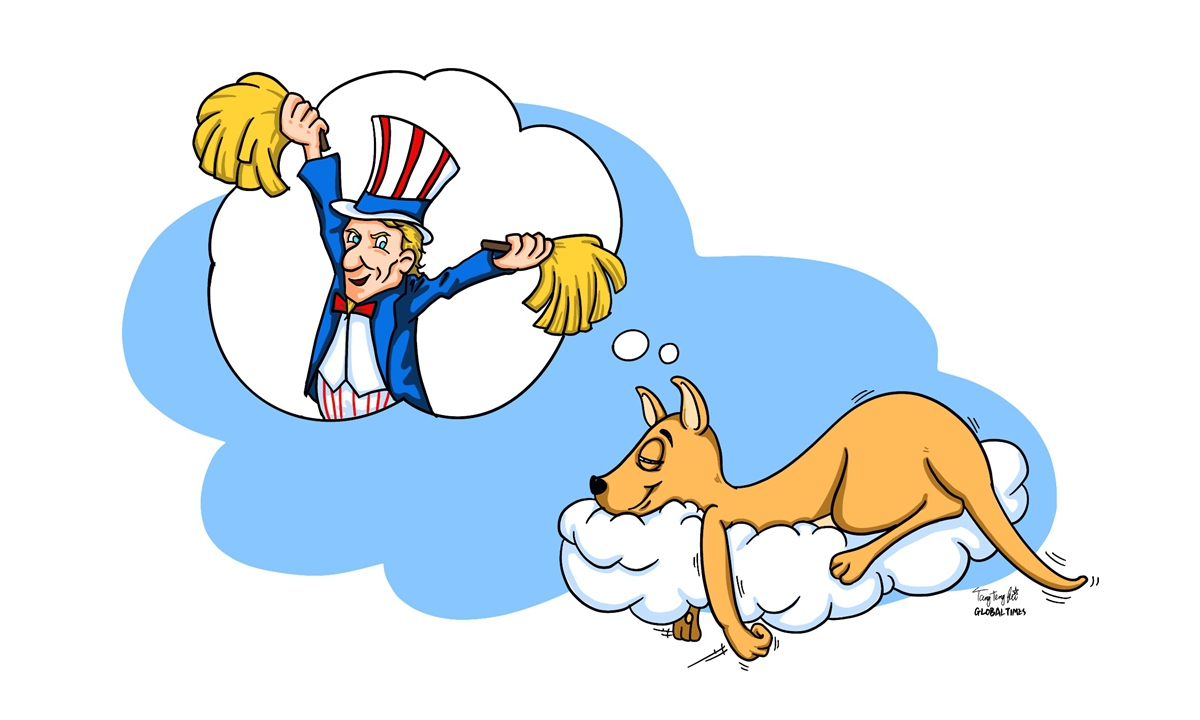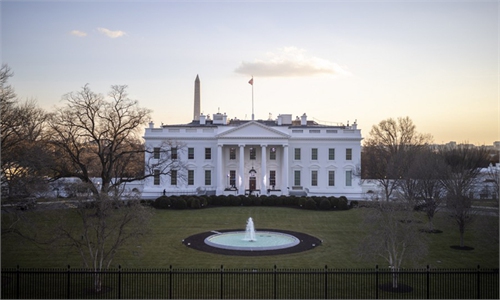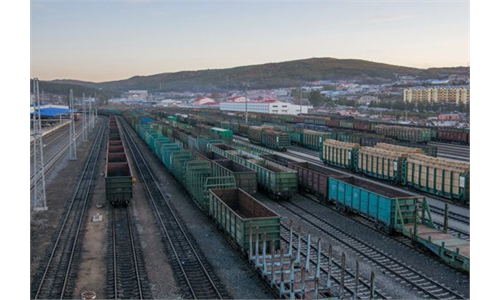
Illustration: Tang Tengfei/GT
In a recent White House press briefing, US national security adviser Jake Sullivan said US officials will mention China's "coercion of Australia" when top diplomats from the two countries gather for their first in-person meeting in the coming week, according to a Reuters report.That will probably be one of the main takeaways for Australia while participating in the first leaders-level meeting of the Quadrilateral Security Dialogue (Quad) on Friday, but Canberra's trade woes will go nowhere by pinning its hopes on the US.
The reasons are not hard to discern. It has already been a cliché topic of Australia accusing China of "economic coercion." If, as Sullivan told reporters, the US side will not focus on its trade issues with China at the upcoming meeting in Anchorage, Alaska, then it will certainly not pay much attention to Australia's economic problems, either.
It is true that trade tensions between China and Australia have been escalating amid deteriorating bilateral relations, but arbitrarily defining normal trade frictions as "coercion" obscures the whole picture of bilateral trade. China has always valued harmonious relationships with others and adopted a moderate policy stance in its foreign trade practices, but such goodwill should not be taken for granted or even answered with ill intention. Australia's hostility toward China has been so obvious that it has eventually cost China years of confidence in vigorously supporting its booming trade ties with Canberra.
To be clear, there is no need for China to engage in any punitive trade war against Australia, but that doesn't mean it will maintain favorable treatment for Australian imports in its local market. The irony is that while the Australian government makes unfriendly moves toward China, it also accuses China of taking some legitimate measures to protect its own trade interests and consumer rights. Over the years, it is the Australian side that has been politicizing economic and trade issues with China, and taking discriminatory measures against Chinese companies. Statistics show that Australia launched more than 106 anti-dumping and anti-subsidy investigations against China, while China only launched 4 such cases against Australia.
Of course, Canberra has the choice to turn to its Western allies, like the US, for help to alleviate its trade woes, even though it is more like a political farce to expect the US and other allies to bother to care about Australia's economic problems at a time when their own economies have been encountering great difficulties. Specifically, Australia's and the US' economic interests in China are not entirely aligned, and sometimes there is even a conflict of interest in competing for the China market.
For example, while Australia's coal exports to China were facing problems, US coal exports to China jumped sharply. In the fourth quarter of 2020, China imported 1 million tons of coal from the US, a 251.8 percent increase year-on-year and a 748.2 percent surge quarter-on-quarter.
Over the past few months, Canberra has still attributed the root cause of the current trade tensions to the Chinese side, a clear indication that Australia's hostility hasn't changed. Under such circumstances, it would be nothing but fanciful to hope any force will bring bilateral trade back on track in the short term.



